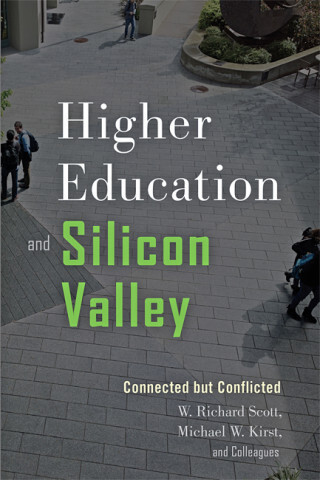
Reviews
A very engaging, rich account of universities' efforts to engage in urban redevelopment while enhancing their core research, teaching and knowledge transfer missions....Prof. Spirou has managed to write a book that can be valuable to local policy makers, university managers and many local stakeholders interested in bringing about change in their communities.
Very interesting, timely, and readable. Spirou's book explains the new entrepreneurial university, identifies creative innovative examples in the nonprofit university sector, and suggests ways to better connect with urban communities in which universities are located. I didn't want to put it down.
Spirou, an urban affairs scholar and seasoned university administrator, sheds invaluable light on the town-and-gown partnership to create innovation districts. Anchoring Innovation Districts is a must-read for entrepreneurial university administrators and city officials contemplating how to improve both the research ecosystem and economic vivacity of their neighborhoods.
Hard times demand change, but how? This clear overview of entrepreneurial activities colleges pursue is critical for serious policy discussions. Learn more here faster and more thoughfully than from most consultants and social media. Fiscal and other criteria sensitively considered.
Spirou uses compelling case studies to document methodically how entrepreneurial universities drive technological innovation, which in turn drives urban economic development. Modelling the kind of interdisciplinary thinking that generates innovation, Spirou argues that it is not just research universities in large cities like Atlanta, Boston, and Phoenix but regional universities in mid-sized cities like Pensacola and Chattanooga that drive technological innovation and urban change.
Book Details
Preface
Acknowledgments
Chapter 1. The New Entrepreneurial University
Chapter 2. The University as Innovator and Urban Leader
Chapter 3. Anchoring a Redevelopment Renaissance: Tech Square in Atlanta
Chapte
Preface
Acknowledgments
Chapter 1. The New Entrepreneurial University
Chapter 2. The University as Innovator and Urban Leader
Chapter 3. Anchoring a Redevelopment Renaissance: Tech Square in Atlanta
Chapter 4. The Most Innovative Square Mile on the Planet: Kendall Square in Boston
Chapter 5. Leveraging for Innovation in Philadelphia: The University City Connections
Chapter 6. Innovation in the Valley of the Sun: PHX Core and Beyond
Chapter 7. Furthering the Local Innovation Ecosystem in Pensacola and Chattanooga
Chapter 8. Open Innovation, Higher Education, and Urban Change
References
Index






